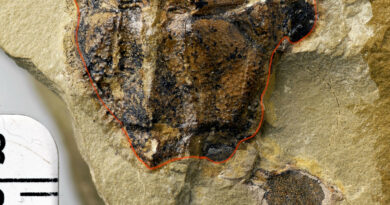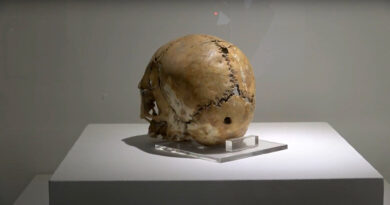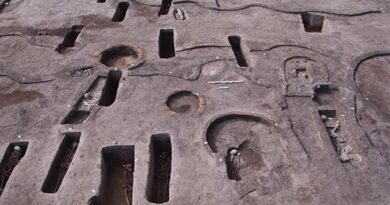3,100 Year Old Pottery Fragments Believed To Have Inscription Of Biblical Figure
Three 3,100-year-old pottery fragments discovered in Israel are believed to include the name of a biblical judge.
The pottery fragments, believed to be from a jug, were unearthed during a dig at the Khirbet el Rai archaeological site in the Judaean Foothills area of south-central Israel.
The fragments unearthed in the dig display an extremely rare inscription made up of five letters in Canaanite script.
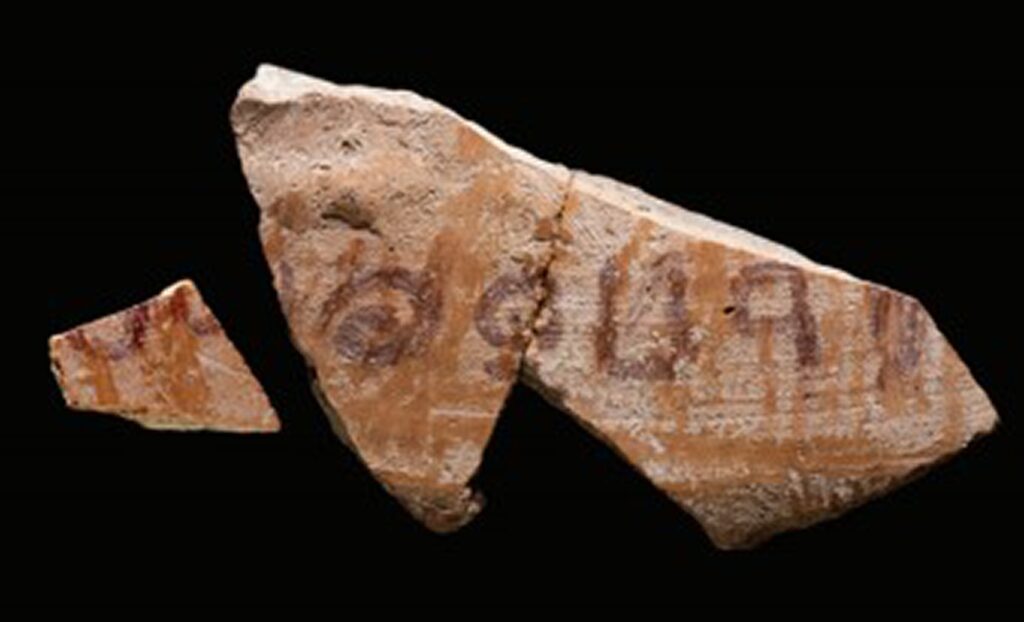
Experts believe the complete inscription may have read ‘Yeruba’al’, a name from Book of Judges, the seventh book of the Hebrew Bible and the Christian Old Testament.
If true, it would make it the first piece of evidence of a name in the Book of Judges painted onto an artefact dating from the same time period as the book’s contents.
News of the discovery was published in the online Jerusalem Journal of Archaeology on Monday 12th July.
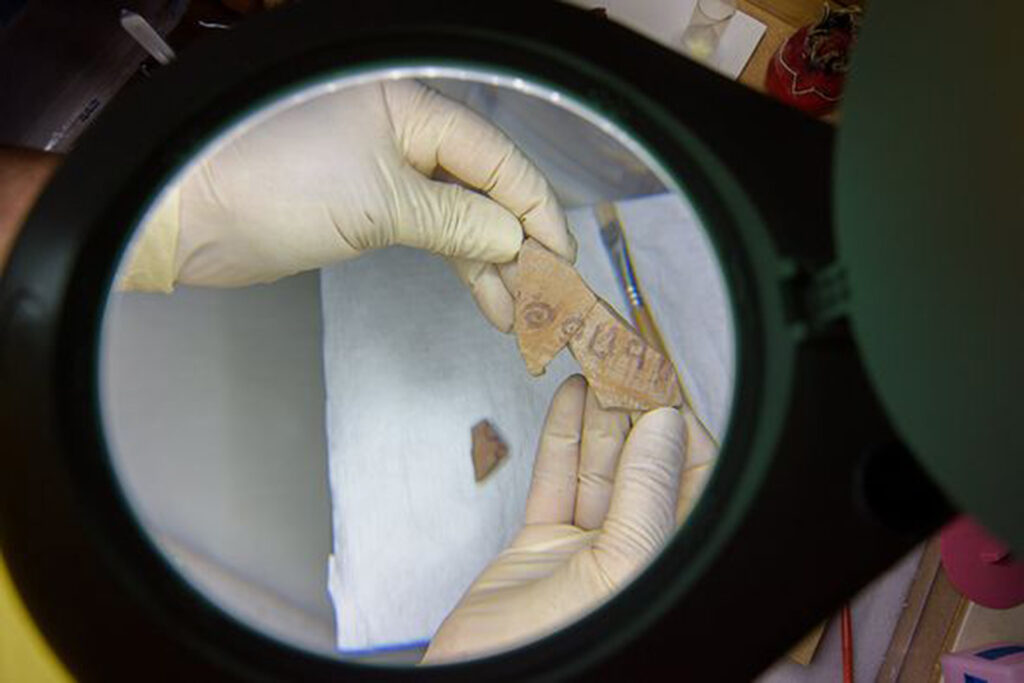
According to the Book of Judges, Yeruba’al, more commonly transliterated as Jerubbaal, was a military leader, judge and prophet.
Despite being heavily outnumbered, he is said to have won a decisive military victory over a Midianite army.
The Midianites came from the north-western Arabian Peninsula in an area that is now part of Saudi Arabia.
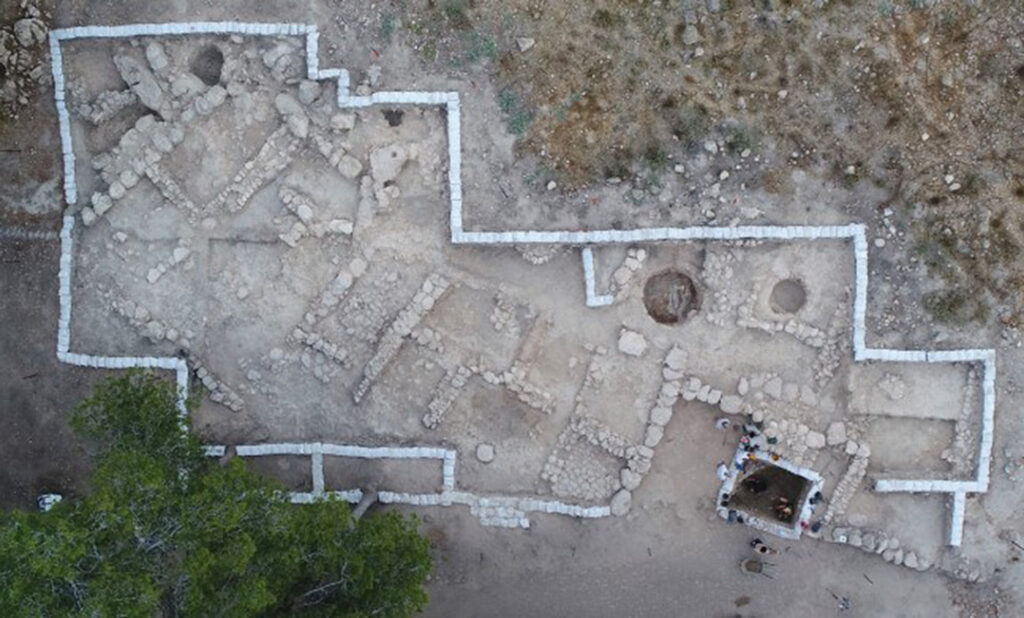
Professor Christopher Rollston of George Washington University told The Times of Israel: “The reading Yeruba’al is the most logical and reasonable reading, and I consider it quite definitive.”
The inscription is one of only a handful from the region and era that are still in existence today.
The dig at the Khirbet el Rai site is being conducted by archaeologists from the University of Jerusalem, the Israel Antiquities Authority, and Macquarie University.

